Recurring eye twitching can’t always be a sign of good luck. While some people link eye twitching to superstitious beliefs such as good luck or bad luck, there’s a deeper meaning to it. Also known as Myokymia, it may be triggered by stress, exhaustion, eye strain, excessive caffeine consumption, dry eyes, or even vitamin deficiencies (such as magnesium). In some minority cases, it may be a sign of a neurological disorder. If your eye twitching is persistent or getting worse, it is advisable to check with a doctor to eliminate any underlying cause. Consultant Ophthalmologist and Surgeon Dr Prashant Koranmath details the reason behind eye twitching and what our body is trying to communicate.
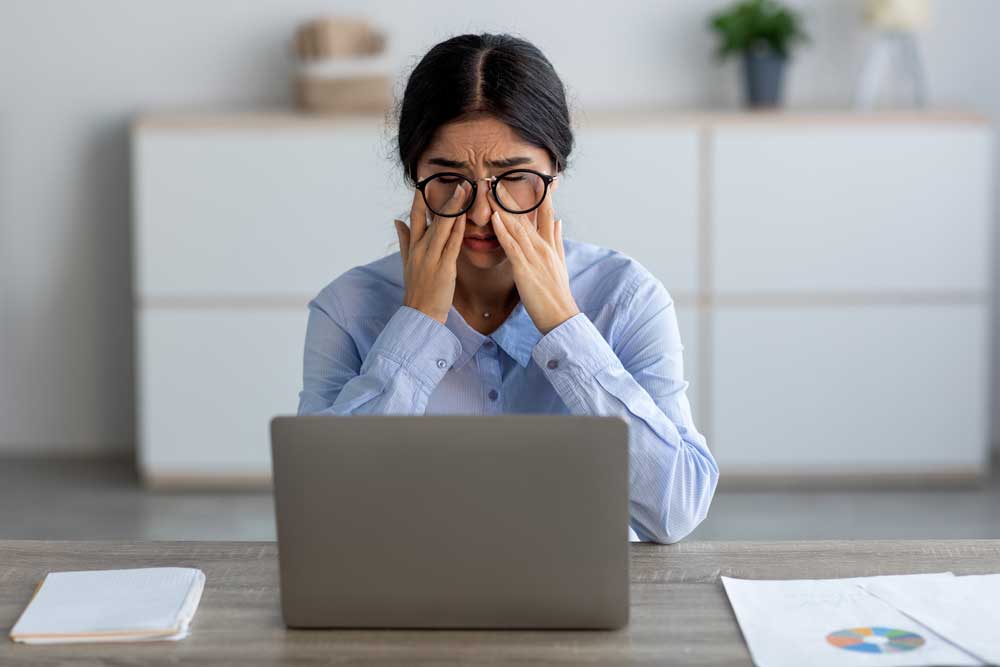
What Eye Twitching Means Medically
Eye twitching or myokymia, is typically a benign and transient condition. An eyelid twitch is defined as a spasm or mild movement of your upper or lower eyelid. It occurs suddenly, and may last for a minute, a few hours, a couple of days, or sometimes even more. These involuntary eyelid muscle spasms can be due to a number of factors.
Understanding Eye Twitching
Eye twitching or myokymia may be caused by a variety of factors:
Lifestyle Factors:
• Stress and anxiety
• Fatigue and sleep deprivation
• Excessive caffeine/alcohol
• Prolonged use of screens (eye strain)
Medical Conditions:
• Dry eyes (prevalent in seniors and contact lens wearers)
• Allergies (itchy eyes and release of histamine)
• Nutritional deficiencies (vitamin B12, potassium, or magnesium)
• Neurological disorders (infrequent hemifacial spasm, multiple sclerosis or Parkinson’s)
Symptoms
• Mild, repetitive eyelid twitching (upper or lower)
• Abrupt, involuntary eye muscle contractions
• Sensitivity to light (in a few instances)
• Eye irritation or excess blinking
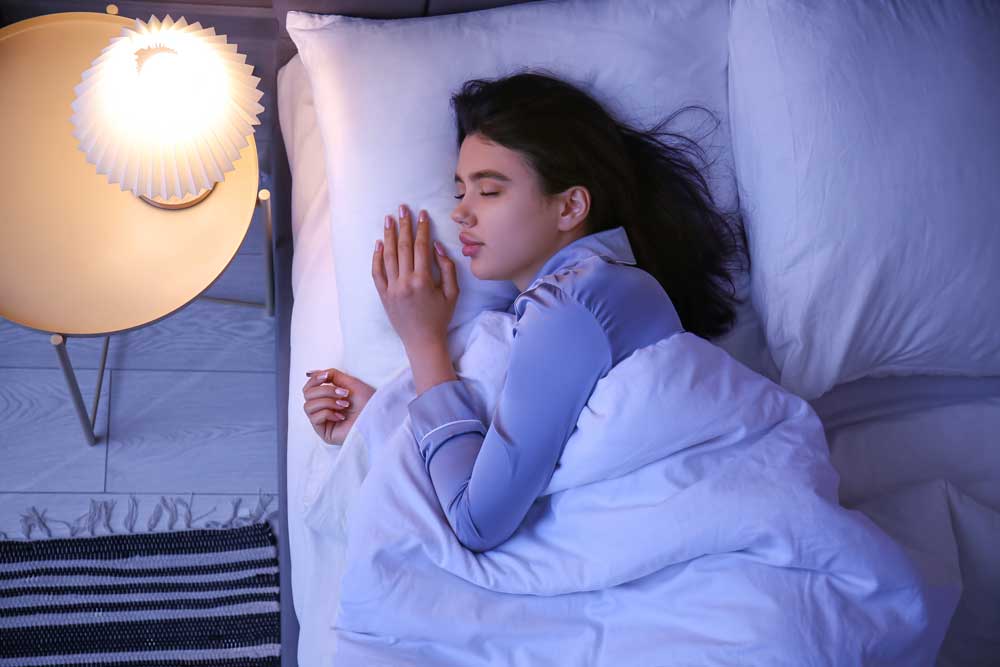
Precautions
Cut down on stress: Practice relaxation habits such as deep breathing or meditation.
Better sleep: Sleep for a minimum of 7 to 8 hours every night.
Reduce caffeine and alcohol: Reduce coffee, tea, and energy drink consumption.
Screen breaks: Practice the 20-20-20 rule. Every 20 minutes, gaze 20 feet away for 20 seconds.
Eye drops: Keep your eyes moist, particularly if it involves working on screens for extended periods of time.
Balanced diet: Increase your intake of magnesium, potassium, and vitamin B12 with leafy vegetables, nuts, fish, and milk.
Stay hydrated: Avoid dehydration, as it can cause muscle spasms.
Red Flag For Medical Intervention
Occasional eye twitching is normally harmless, but some symptoms may indicate a more serious underlying condition. The following are red flags that require medical treatment:
Persistent twitching: Continues for over 2 weeks and does not improve with rest or changes in lifestyle.
Twitching spreads: Involves other areas of the face, including the cheeks, mouth, or jaw.
Drooping of eyelid (Ptosis): May suggest nerve injury or a neurological disorder.
Closure of eye: If involuntary closure of the eye results from twitching, it could be a sign of blepharospasm.
Both eyes twitching: Involuntary movement in both eyelids (bilateral twitching) could indicate a systemic condition.
Other neurological symptoms: If twitching is associated with muscle weakness, numbness, slurred speech, or impaired movement, it may be a sign of a neurological disorder such as multiple sclerosis, Parkinson’s, or a nerve disorder.
Severe eye irritation or pain: May be a sign of corneal damage, dry eye syndrome, or an underlying infection.
Vision problems: Blurred vision, light sensitivity, or double vision needs to be evaluated right away.
If any of these above symptoms appear, it’s best to consult an ophthalmologist for further evaluation.
Benign Essential Blepharospasm (BEB)
Benign Essential Blepharospasm (BEB) is a long-lasting involuntary blinking or eyelid-closing condition due to abnormal muscle spasms in the eyelids. It is a neurological movement disorder (dystonia) that impacts the muscles surrounding the eyes.
‘Benign’ – Not life-threatening
‘Essential’ – Without an associated disease
‘Blepharospasm’ – Uncontrollable eyelid twitching or closure
Treating BEB: Care & Management

Lifestyle Changes
• Limit screen time and take breaks frequently
• Wear shades to minimise light sensitivity
• Manage stress with meditation and deep breathing
• Get adequate sleep to minimise fatigue
Medications & Interventions
Eye Lubricating Drops: Aids in dry eyes, which can exacerbate symptoms.
Oral Drugs: Occasionally prescribed, such as muscle relaxants or dopamine-related medications.
Botulinum Toxin (Botox) Injection: Relaxes eye muscles and slows spasms, working for 3–6 months. In case of extreme cases, it may lead to surgery.
Myectomy: Removal of some eye muscles by surgery if botox and medicines don't work.
In some cases, eye twitching may suggest an underlying health condition, particularly if it is persistent, intense, or combined with other symptoms.
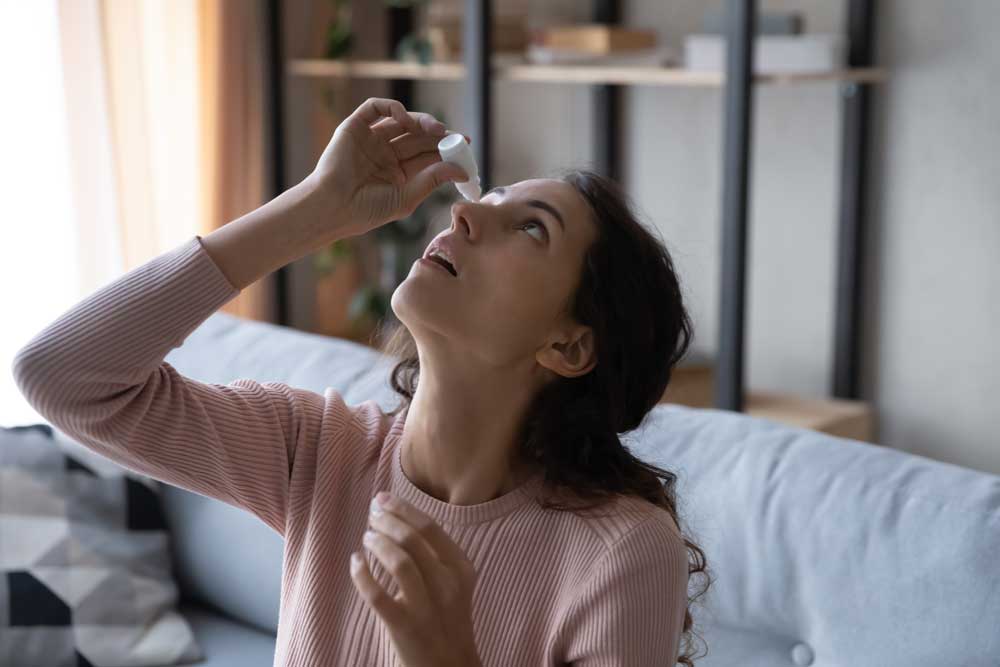
Eye-Related Conditions
Dry eyes: Common in elderly people, users of contact lenses, or people with exposure to too much screen time.
Light sensitivity: Photophobia may cause eye twitching.
Corneal irritation: Caused by infections, trauma, or prolonged eye strain.
Systemic & Metabolic Disorders
Magnesium deficiency: Causes muscle spasms, including eye twitching
B12 deficiency: Impacts nerve function and can induce twitching
Thyroid disorders: Hyperthyroidism may cause eye irritation and twitching.
Besides eye twitching and allied disorders, Dr Prashant Koranmath shares a few vital aspects of eye health that people should know and take care of. Here’s a complete guide to healthy eyes.
• Change screen brightness and apply blue light filters or antiglare glasses to minimise eye fatigue.
• Your screen should be at arm's length (around 25 inches) and at eye level to prevent strain.
• Use UV-blocking sunglasses to shield against cataracts, macular degeneration, and photokeratitis (sunburn of the eye).
• Don't look directly at the sun, even during an eclipse.
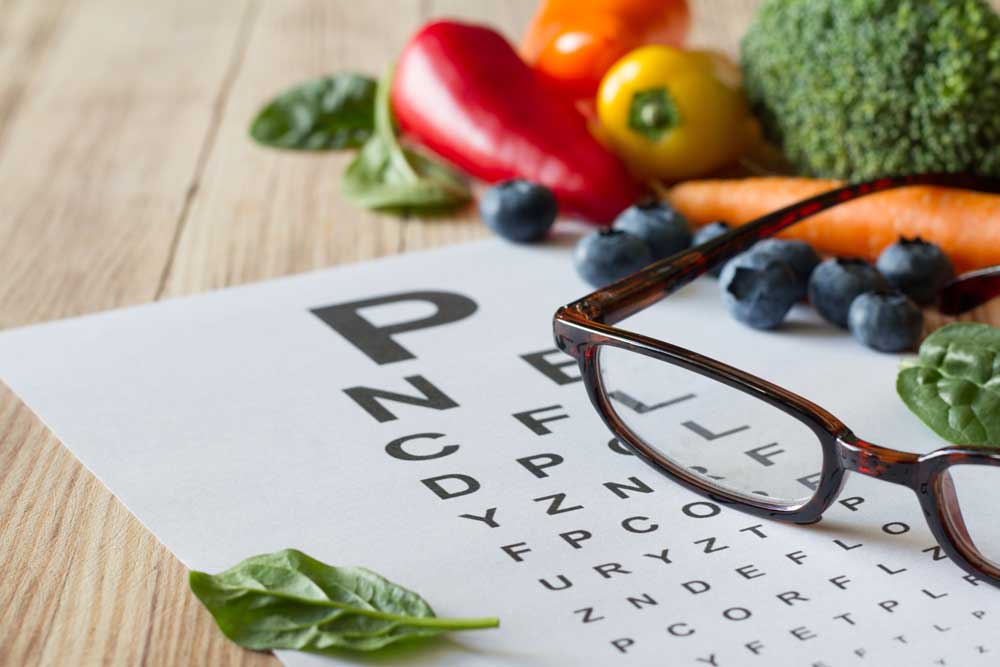
Healthy Diet For Eye Health
• Consume vitamin-laden food to avoid eye disease: Vitamin A (carrots, sweet potatoes) promotes vision. Vitamin C (citrus fruits, bell peppers) lowers risk of cataracts. Omega-3 fatty acids (fish, flaxseeds) prevent dry eyes. Lutein & Zeaxanthin (leafy greens, eggs) guard against macular degeneration.
Stay Hydrated & Prevent Dry Eyes
• Drink plenty of water
• Use humidifiers in dry climates
• Apply lubricating eye drops to relieve dryness in the eyes
Regular Eye Check-ups
Regular eye check-ups (once every year) can identify early symptoms of glaucoma, cataracts, and retinal illnesses. If you have glasses or contacts, an eye check-up every 6 months is a must.

Avoid Rubbing Your Eyes
• Your hands have germs that can cause eye infections such as conjunctivitis.
• If your eyes itch or burn, use sterile eye drops rather than rubbing them.
Manage Allergies & Irritations
• If you suffer from seasonal allergies, use antihistamine drops to avoid itching.
• Stay away from smoke and pollution, which aggravate irritation.
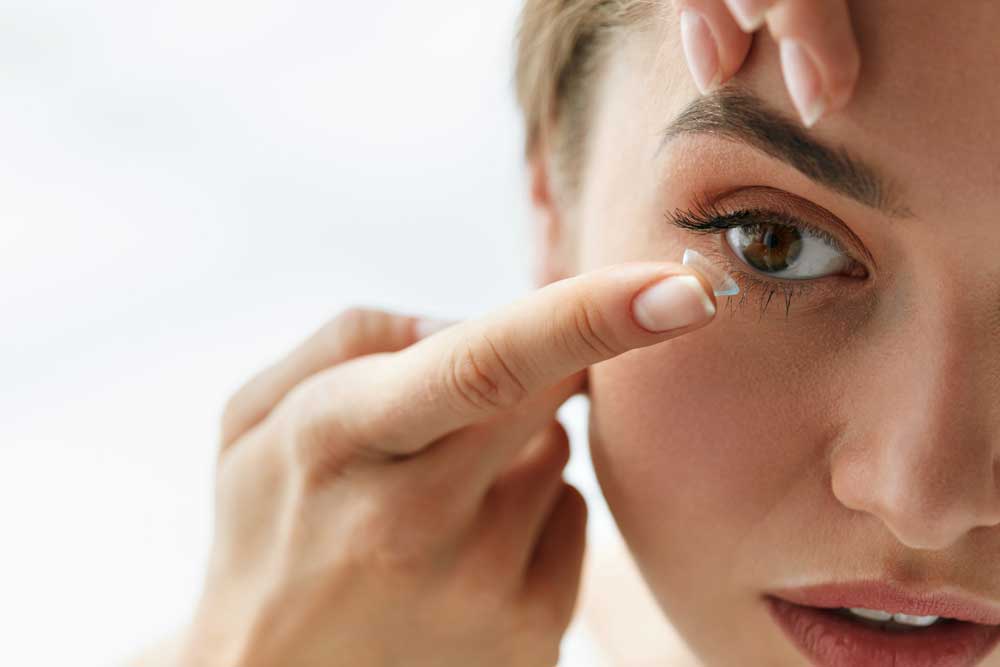
Practice Safe Contact Lens Use
• Wash your hands before touching lenses to prevent infections.
• Do not sleep wearing contacts unless overnight wear has been specified.
• Replace contact lenses as instructed by your physician.